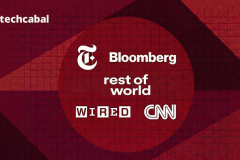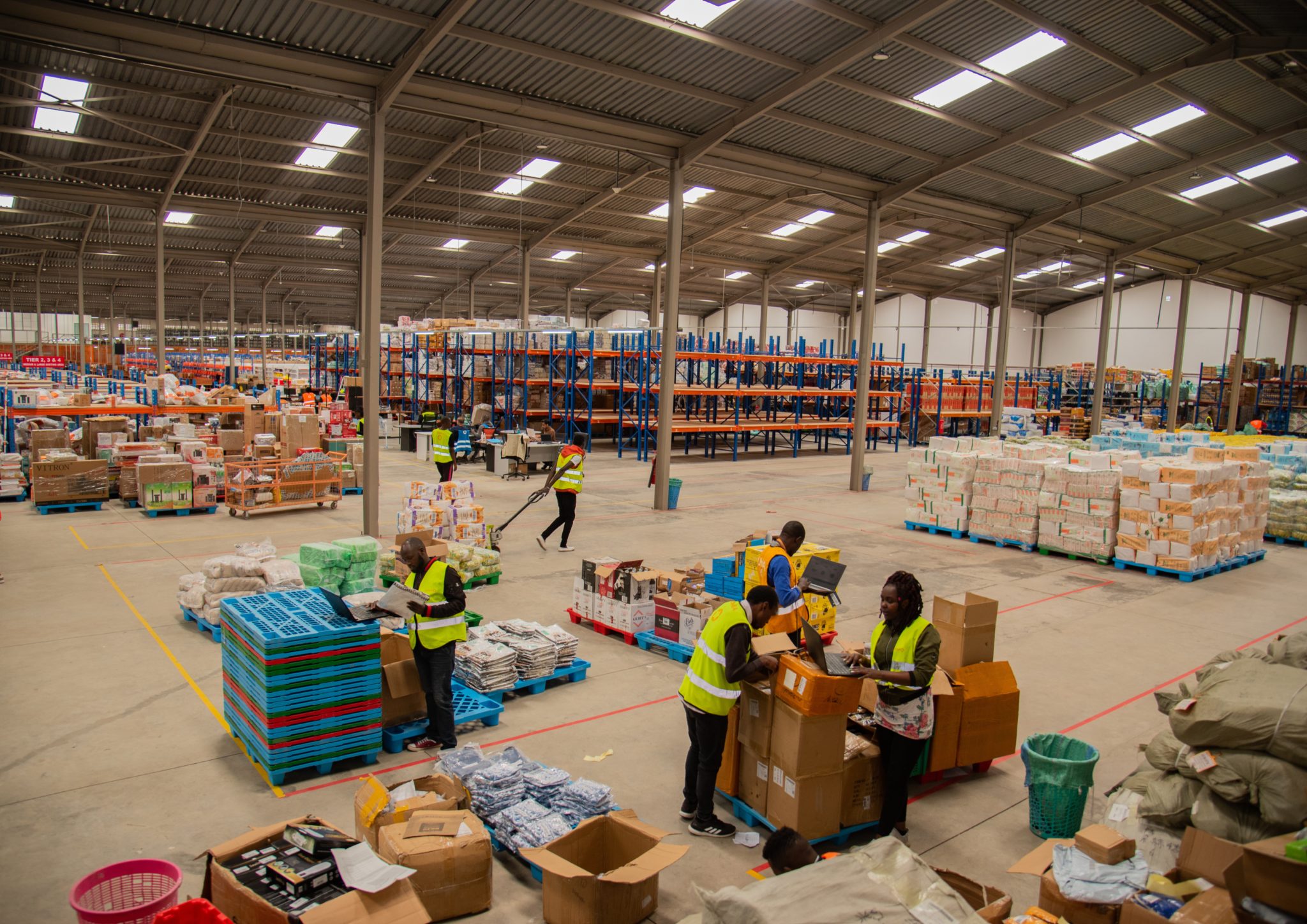Jumia’s share price has surged 55% over the last five days suggesting growing investor confidence in the e-commerce company in recent months. Jumia’s share price closed trading at $12.08 on Friday, compared to $8.46 on July 8, lifting its market value to $1.32 billion.
The rally represents a significant change in fortune for the Pan-African retailer which has endured a mixed fortunes as a publicly traded company ever since it listed on the New York Stock Exchange in April 2019. Although its share price soared to a record $62.4 in February 2021 during the wild days of the meme stock rally, Jumia has lost over 70% of its market value since then as its board and management team race to make a turnaround.
After a string of poor performances and an inability to cut costs, the board fired Jumia’s long-time co-CEOs, Jeremy Hodara and Sacha Poignonnec, in late 2022. Francis Dufay, a former management consultant who served as CEO of Jumia Ivory Coast, was promoted to run the company.
Under Dufay’s leadership, Jumia has made drastic restructuring to its business over the last 18 months. The company has laid off 43% of its employees, scaled back its presence in underperforming markets, and shuttered its food delivery business. The new boss has also shrunk Jumia’s management team based in the United Arab Emirates and forced several of them to return to work from its offices on the continent.
These changes are starting to make an impact. At the end of Q1 2024, the company, which has never turned a profit, reduced its operating losses by 71%. Also, its revenue grew by 18.5% despite rapid currency devaluation and macroeconomic problems in its key markets, especially Nigeria, which represents more than a third of its annual sales. Meanwhile, its salary and administrative expenses have dropped by 37% compared to the first three months of last year. Wall Street analysts have taken notice, with a few of them recommending Jumia shares to their investors.
Jumia’s share price is up 252.3% since the start of the year as the business repositions itself for growth, particularly in North Africa. Jumia is also making less direct sales from its own inventory, with third-party merchants responsible for over 52% of sales on the platform in the first quarter.
This shift to third-party sellers, which started a few years ago, is helping to reduce costs while increasing alternative platform revenue. Jumia earned $17.3 million in commissions for merchants for the three months of 2024, a 78% jump from the $9.7 million it earned for the same period last year.
But as Jumia rejigs its operation, it will have to contend with new competition from social selling platforms, including Instagram and TikTok which are also doubling down on e-commerce tools. One of the world’s biggest retailers, Amazon is also expanding its footprints in Jumia’s key markets, like Egypt. At the same time, Prosus-backed Takealot is looking to consolidate its hold on South Africa, a major economy where Jumia is still trying to catch up with the incumbents.
In an interview with TechCabal last year, Jumia’s Dufay said he wants to stabilize the business before chasing new growth across key markets.




















